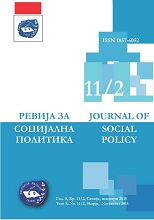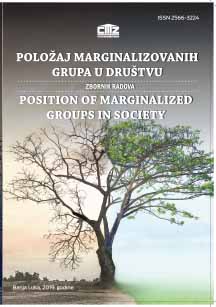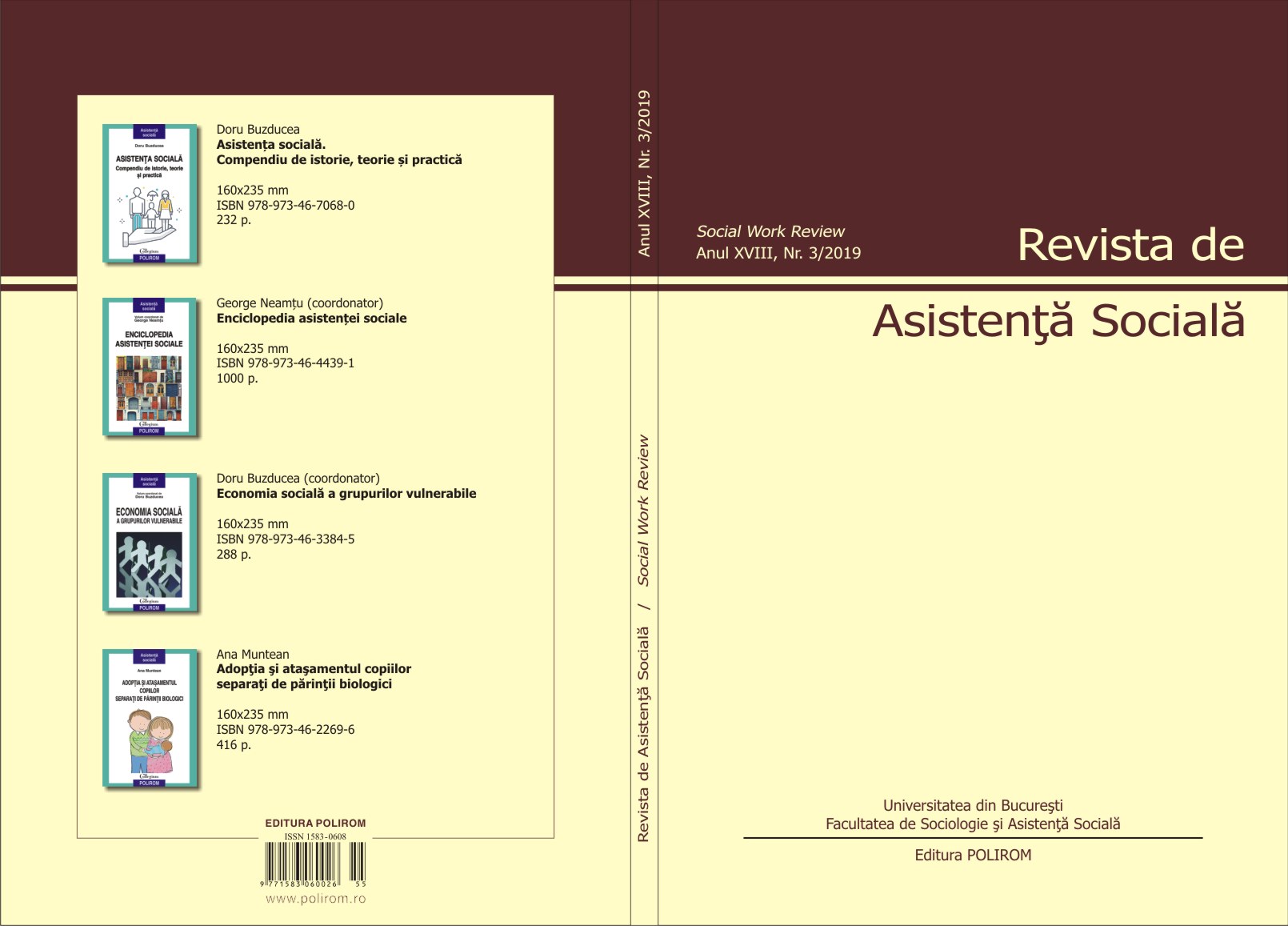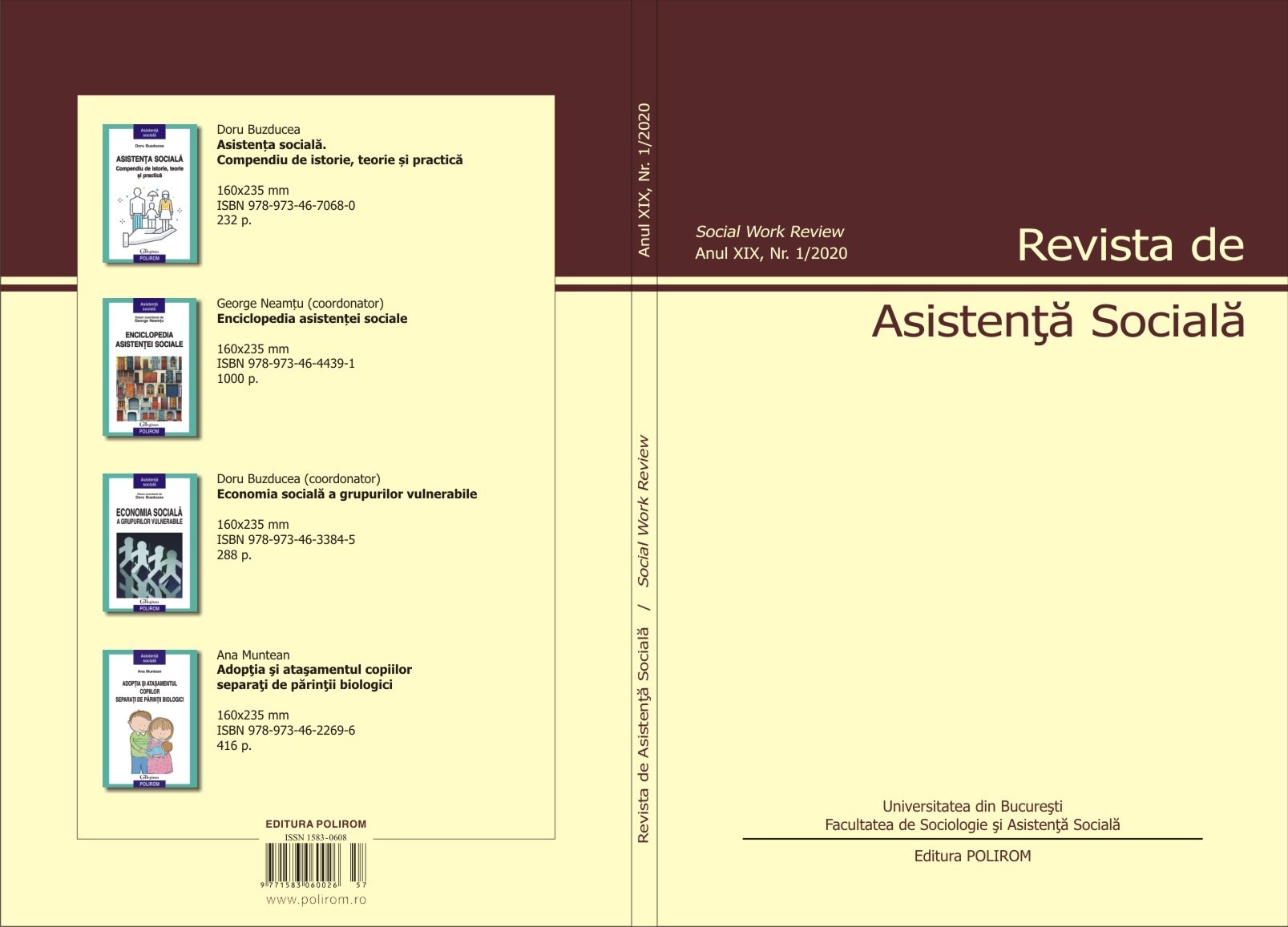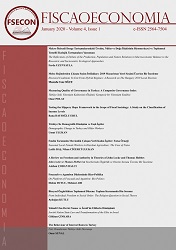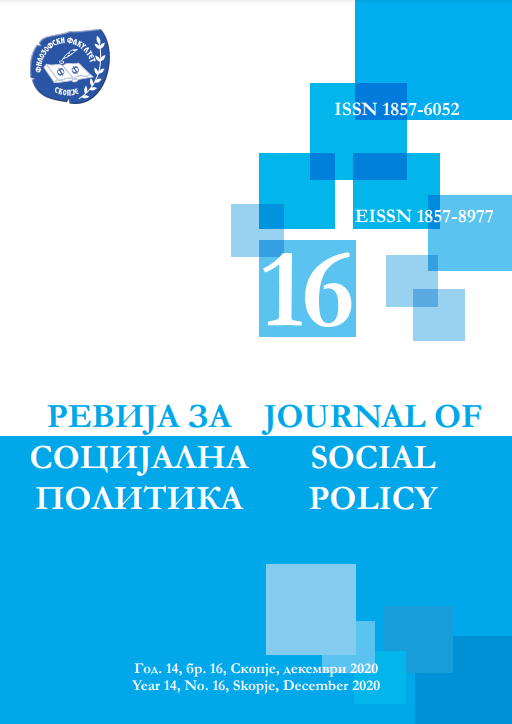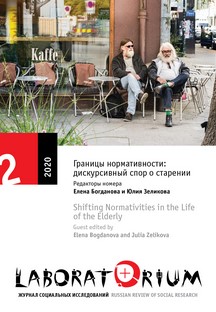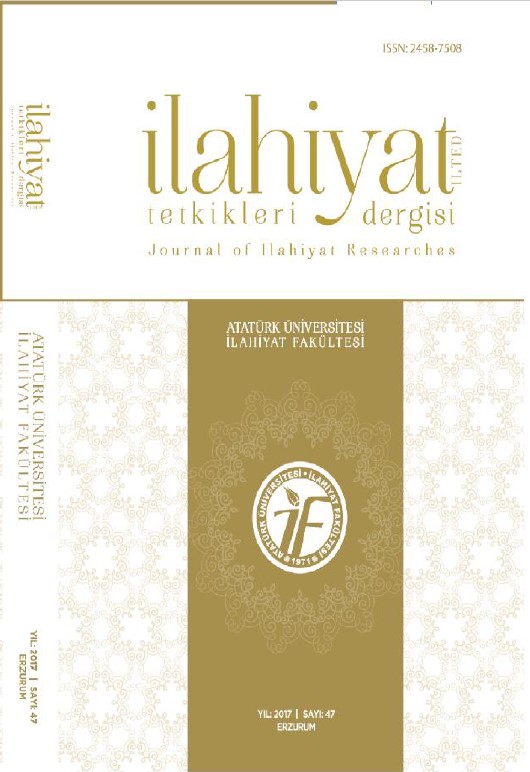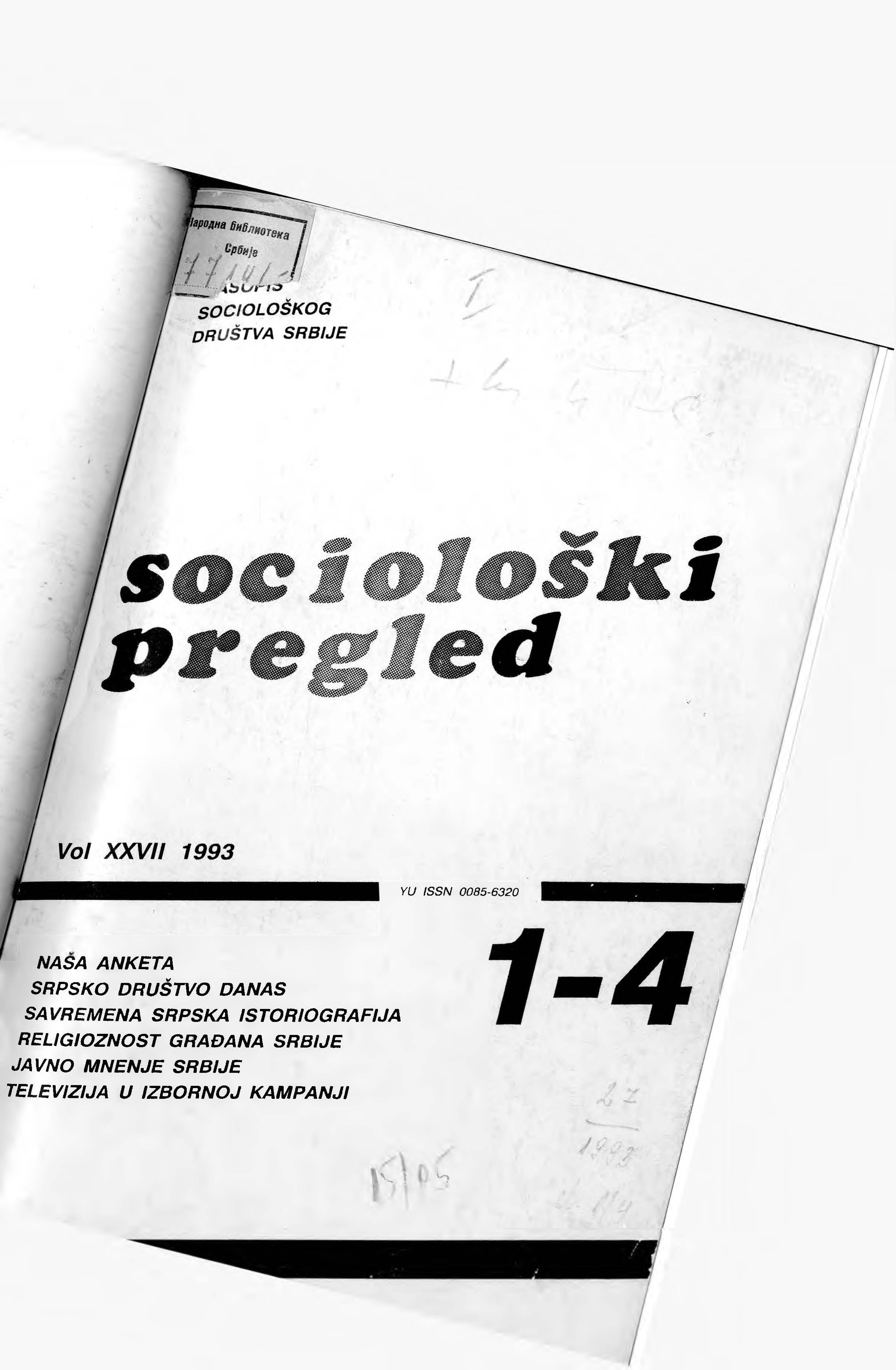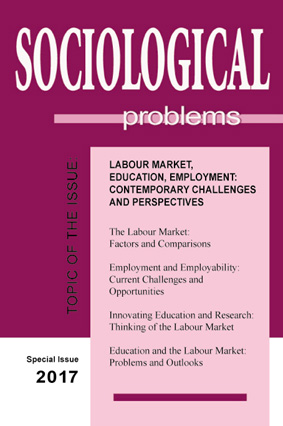
The Role of Employers on the Labour Market in Bulgaria
: The article offers a comparison between young persons’ assessments of the difficulties encountered when seeking employment and employers’ assessments of the difficulty to find suitable employees. The authors use a mixed methods approach, which involves interpreting quantitative data obtained from online questionnaires for employers, and a qualitative method, consisting in interviews with young people, conducted in 2016 in the framework of the international project Negotiate. The study registers a shortage of staff in five sectors of employment in Bulgaria, together with the presence of attitudes, among those selecting people for recruitment, which limit the potential circle of candidates for job openings on the basis of ethnic origin. Frequent change of jobs is assessed by young employment candidates as being a possibility for obtaining additional experience, but is seen by employers as a scarring signal that has greater negative weight than the periods of unemployment in the candidate’s CV. Establishing a greater congruity between the expectations of employers and of young candidates for jobs provides a significant possibility for reducing youth unemployment and compensating for the shortage of staff. This congruity is connected with the young persons’ level and profile of education attained when leaving high school and university, to the specific actions they undertake in the transition from education to employment (where it is better to avoid frequent changes of jobs), to a rejection of negative ethnicity-based or age-based stereotypes on the part of employers, and to wage levels, offered by employers, that will meet the expectations of young people.
More...

